Last Friday morning I delivered a talk as part of a webinar on “I’m a child first – Collaboratively Working to Support Children with Disabilities” for a group called Social Workers in Disability (SWID) based in Louth. After, I entered the living room and my daugher Julie asked how I got on. I told her I got up at 7.30am and I’d been to Louth, delivered the lecture and was back for my 11am cuppa. That was all said with tongue in cheek of course. In normal times, I would have travelled to Louth either at the crack of dawn or gone the evening before and stayed with friends. I would have met with Anna-Maria Cunningham, one of the SWID Social Workers, for a cup of tea before the conference and had a preliminary chat about how everything would run. My slides would have been ready to roll on screen. I’d have been wearing heels and a formal dress. I’d have attended the whole conference and made my way home, most probably calling to Tipperary for a visit.
Level 5 looms on the horizon
Instead, I got up and had breakfast, lit the stove in the lounge and set up the computer. Getting ready was simple. I put on a nice top, comfortable jeans and flat shoes. No one was going to see the lower half! I was tempted to wear wellies just for my own amusement.
I dialled in as planned and talked to the screen and tried to imagine 200 people before me in a hotel venue. In actual fact, most of them were probably at home too. It is beyond weird for me to work in this way. I know people would have laughed or might even have become teary eyed but I had no clue. In this situation you cannot read the crowd, you cannot feel the empathy or the frustration in the room. You cannot adapt to your audience. I don’t like it.
So while it might be climatically a better way of working and better for my physical wellbeing, I did not enjoy it
On the plus side, I still had the rest of the day to myself. I was not exhausted from travelling. I had not emitted a load of carbon into the atmosphere. So while it might be climatically a better way of working and better for my physical wellbeing, I did not enjoy it. I’d have loved the trip to Louth to see the countryside in all its autumnal glory. I’d have liked to meet Anna-Marie and her colleagues and shared views with them.
The threat of Level 5 looms large again and we are moving into unchartered waters. Six weeks will be a huge ask if accepted by the Government. There is no doubt that people are finding this ongoing low level of restriction hugely difficult. It’s the protraction of it and the lack of an end in sight.
We know what we have to do. We will do it. We wish everyone else would do it too and maybe it wouldn’t be for so long
We have to admit to ourselves and to each other that we are finding it hard to endure. We know what we have to do. We will do it. We wish everyone else would do it too and maybe it wouldn’t be for so long. This leaves us feeling frustrated and unable to change our situations of isolation.
Crossword time
As Julie listened to my appraisal of the webinar. My husband Tim was doing the Irish Country Living crossword. It is never missed. “Herb is easy. Something-A-something-E,” he declared. There is nothing more annoying than his next comment: “It’s easy!” I get cross and can’t think. Next comment: “Kay, are you gone asleep?” Tim answers, “Sage?” Normally there is not so much pressure on me as the lads would be firing answers. A debate takes place between Tim and Julie! “After all these years are you challenging me?” Tim asks Julie. Quick off the mark, she answers in her best Cork accent. “I’ve one word for you boy! Euthanasia!” The banter continues.
We’ve had fun, debate and rows over the crossword for over 25 years
Tim always commands the crossword. He reads ahead and has the answers ready. If I or others volunteer an answer and it fits he writes it at the side. Of course, his own answers are written in directly. We’ve had fun, debate and rows over the crossword for over 25 years. The rest of us wouldn’t admit out loud that we’ve also learned a lot.
My talk for the webinar was about communication and its importance in dealing with our colleagues and the people with disabilities that we enable to live ordinary lives when it seems impossible. Communication was never more important for our sanity so do make that call.




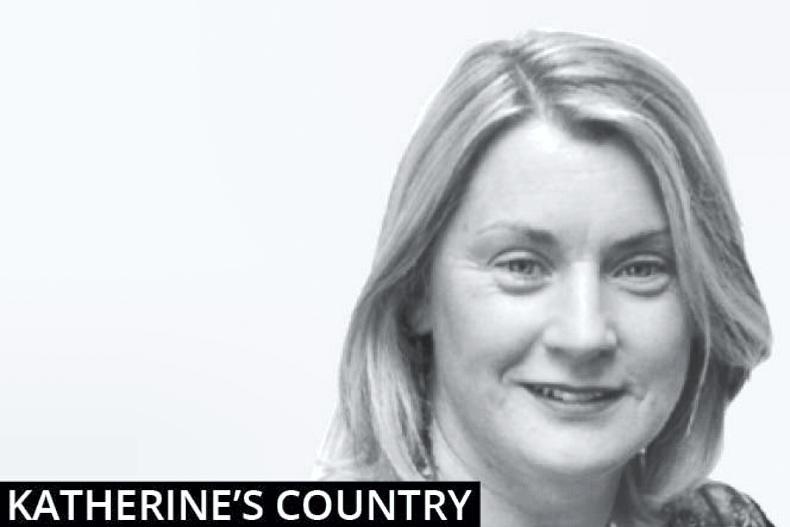
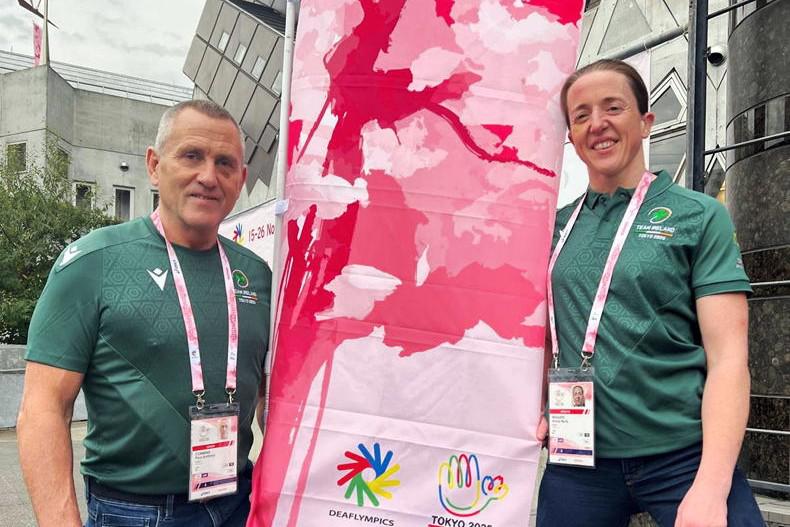
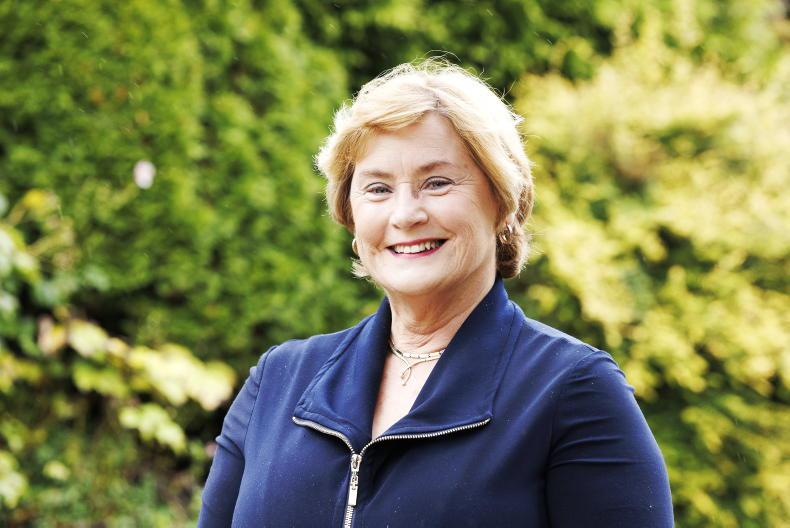
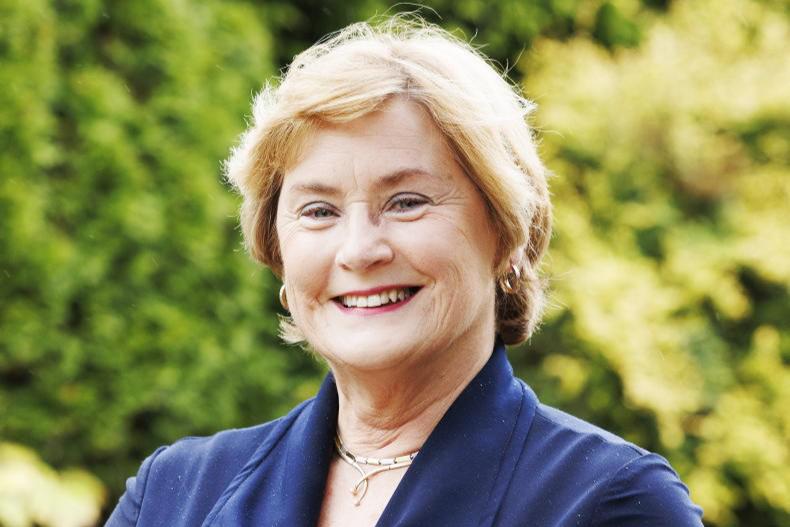
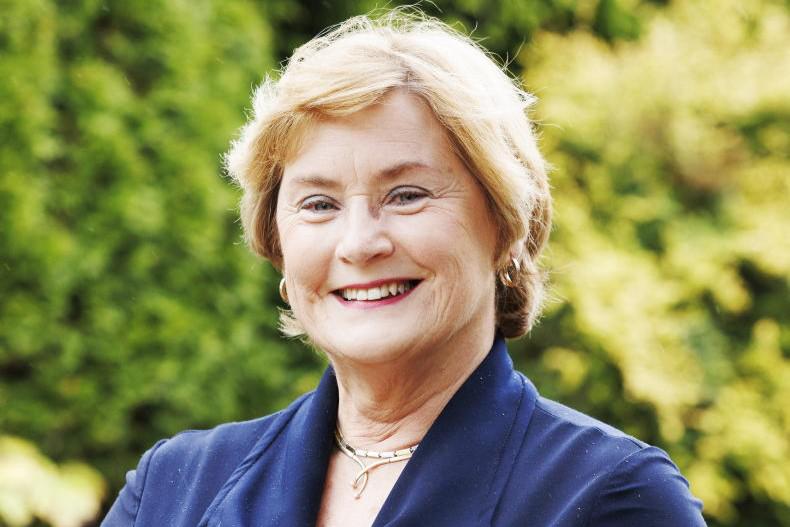
SHARING OPTIONS